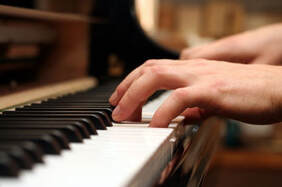 I. Dust off your instrument. 2. Watch some YouTube concerts featuring pianists playing the music you love. 3. Find your metronome. 4. Read some inspiration material about folks like yourself who have succeeded. 5. Start noodling on the piano. Review some old favorites. Explore some new music. Dream. 6. Plan practice time in your schedule to succeed. The happiest students know what they want, why they want it. They've made time for it, and stuck with it. Come join us. David.
0 Comments
Jane is learning how to play chords to her favorite pieces. This is how I've recommended she spend her time. Practice time breakdown 25% scales and chords with metronome at various tempos 25% review of old work 25% new pieces 25% sight reading tunes off the internet. Notice the search terms in the image below. Click on images and viola things to practice. David October 2022 Update: Jane is still in lessons. She is currently learning how to create and play walking bass lines in jazz standards. Revised October 2022 Keeping a positive attitude on the piano bench, when the going gets tough, is a perennial dilemma for us all. I found the following activities helpful on my learning journey as a percussionist. (I took up the study of percussion at age 50 on a dare from a piano student)
David Revised October 2022 3 Mini-shorts Breakfast piano minute
It was an all adult teaching day. It was a great day. If I can help you, please call me. David #scirabin #modernism #improvisation Scriabin reimagined by a jazz pianist. Scriabin Prelude op. 16 no.4
It depends.
It depends on your prior musical experiences and expectations. If your desires are modest, YouTube will work. But if you desire to achieve some level of musical competency you will need a teacher. Teachers provide objective and knowledgeable feedback. Teachers guide you through a proven curriculum that has been successfully followed by countless students. And when the going gets tough, and it will, a teacher will support and inspire you to keep going. If that sounds like the help you need, call me. David Revised October 2022 "Spending winters in the sunshine, reading, playing golf and socializing seemed a wonderful way to spend retirement. With both of us being music lovers, our sound system is always on all day with great music ranging from Classical, Jazz and some pop. But I felt something was missing and it wasn’t snow. My wife encouraged me for years to take music lessons. I was not too keen because my memory of lessons was the Nuns whacking my fingers with a ruler insisting, I keep my lazy fingers off the keys; that ended in 1958 when I got my Grade 8 piano. But the seed was planted. I decided to look on the net for a music teacher near Burlington and came across David’s website. This really looked interesting. During our cocktail hour that night, I said – when we get back to Burlington, I am going to take Jazz lessons from this David Story guy. On April 23, 2013 my life changed.
Of course, I thought I would be rattling off Jazz tunes within weeks; grief! As time progressed, I realized how complex Jazz really is, especially soloing; how do they do that? Practice, practice, practice every day and soon I started to see the tunnel – no light yet! After a few years of toil and trouble, something that sounded akin to music emerged; I encouraged my cousin to take lessons from David. Then, 4 years ago, David encouraged us to attend the Jamey Aebersold Summer workshop in Louisville. There we were for 6 days: 2 old guys, jamimg in groups, attending classes and intense listening, from 7am to 10 PM. Hardly time for a Scotch closer at night! At last, all those lessons from David were clicking into place like a Rubik’s cube. We went back the next summer and did it again. Then, David encouraged me to try and get a group together to Jam. The pressure was on; my 2 songs would not cut the mustard. More practice. An advert in Kijiji did the trick; we ended up with an exceptional drummer, bass, guitar – and me. We met every week for 3 hours until covid. My lessons continue. The Jam will continue after we all get our shots. I am still amazed at what some practice along with amazing guidance and encouragement from David has done for my life and continues to do so. Not bad for an 80 year old!" Gary. Update October 2022: Gary is still at it. He's been playing jazz, in multiple bands, each week now, for years. Go Gary! David Revised October 2022
These are short, charming, easy pieces for levels 5 and 6. Q: What can harpsichordists teach pianists? A: How to pace the music. Listen to the subtle flexibility in the flow of the music. In the second video the performer talks about these works. Enjoy, David Revised October 2022
Revised October 2022 Rankings:
What can I do for you?
In short, I will present the material to you in a logical fashion, according to your specific circumstances, using a variety 21st c. multi-modal techniques and provide you with weekly feedback. Call me. David (Authors note I own more than one hundred drum books, listened to hundreds of hours of drumming podcasts, and subscribed to jazz and drum education subscription services promising great masterclass from my jazz heroes. I live on YouTube. Furthermore, I own too many drum sets, snare drums, cymbals and drumming paraphernalia. So, I understand your plight, frustrations, anxieties, and determination.) Revised October 2022 Q: How does an impatient student find patience?
Q: How does the piano teacher maintain the student's enthusiasm while working with an impatient student? Good questions. A: There are no short cuts. Playing piano is a manual as well as intellectual skill that just takes time. If we neglect the development of your core piano skills, you will grow bored, discouraged, and quit. In the end, it's faster to learn the skills, embrace the discomfort of challenging work than to search all over the internet looking for a short cut. A good analogy is martial arts, yellow belts don't graduate to black belts by skipping the intermediate belts. There is a progression of skills, steps, and experiences required to move from belt to belt. Core music skills:
Here is a short story taken from my parallel passion of drumming. I devote a large chunk of my practice time to the core skills and fundamentals of drumming, namely time, tone, and patterning. Left, right, left, right or LLRR or RLRR and LRLL. I listen intently to the results. I analysis my movements. And on and on it goes. I've learned to be patient and I've made some real progress in my studies. I'm confident I will continue to make progress. Let me help you. Call me. Let's get started. David Revised October 2022 Planning an interpretation
This helps the student have a clear metal representation of what to consider and then how to execute this "vision" prior to "practicing" the piece. Call me. David Revised October 2022 This is the book by Anders Ericsson for the layperson on the science of "deliberate practice". This video is a teaser.
www.finchcocks.com/Finchcock Piano Courses UKI'm dreaming. of one week of piano with first rate tutors, delicious food, and flowing wine at this adult piano retreat in the UK. Click above for more inf.
David revised November 2022 My top five tips for practicing any musical instrument:
Theory
If you would like help, call me. David Revised March 2023 4 hours of practice: No Grinding. Top 5 tips for practicing any musical instrument
Playing
General and Jazz Specific Theory
If you would like some help, call me. David Working through the Four Star Books is recommended. An effective book, but, hardly that exciting. So... Sometimes we work out by ear famous Rock era "licks" or motifs from well know melodies. The famous opening melody uses B, C#, and D. Have a listen and give it a go. Classical motives are fun too. Opening motif is in C minor, starting on G. Da da da DAAA, da da da DAA
Have fun. David Some ideas.
One of my students is working at the early advanced stage of Classical piano. This week Chopin Waltz in b minor and Gnossienne #6 by Satie. Sophisticated music. She is a retired executive whose career spanned the globe. She is an avid concert goer. As in, more than a concert a week. At the end of class I complemented her on her playing and knowledge of the music, it's context, and style. She was slightly taken back. She quickly explained that she has friends who are so much more sophisticated and nuanced in their appreciation of classical music. (One wrote liner notes for a major classical music label, one was a critic if I recall correctly as well.) I pointed out to her that she has learned more than she knew through those friendships. She recalled the after concert socializing where great debates on the merits of the performance. Furthermore, decades of concert going at the great halls of the world leaves a mark. A significant mark. Cheers, David Will I ever get there? Maybe. An adult student is working on the scherzo of Haydn’s piano sonata in F major Hob.XVI:9 A fun work from RCM level 4. It goes fast, it’s light, it’s fun under the fingers. It reminds me of joyful summer memories as a kid riding our bikes as fast as we can go, just celebrating the joy of movement and being alive. How does one play like that? Can I ever go as fast? Another story. I’ve a young teenage student preparing to sit for her level 8 exam later this month. One of her pieces is Solfeggio in C minor by CPE Bach an extremely fast and demanding piece of music. She runs like the wind through it. The power of youth. Can my 61-year fingers play that fast? Nope. Period. It’s as absurd as looking on while high schoolers compete in the 100-yard dash. Yeah, I can still run fast, but not like that. Moral of the story. Be at peace with it. Now can we learn to play faster. Of course. Can we ever go as fast? Maybe, maybe not.
Now back to Haydn. Pianists who play well, including fast, have worked patiently in the following areas.
If I can help you on your journey, please give me a call. David 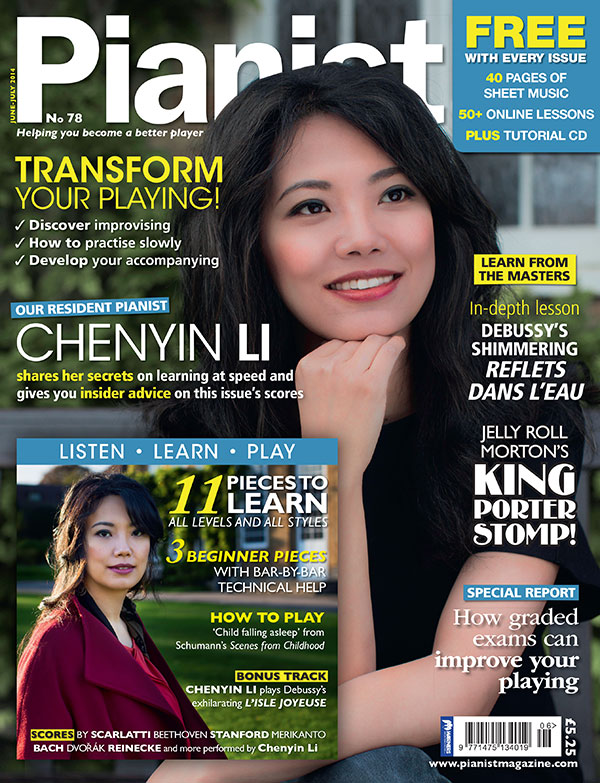 Restarting piano after a 4-decade hiatus? How to get started. The hands will be slow. But they will improve. Patience is the key here. An analogy: You were at 18-year-old track star back in the day. You buy a pair of expensive running shoes, the kind that promise speed, endurance, and youth. First day out, you run 10K. It is glorious, next day you can’t move. Shoes go in the closet; you are back in front of Netflix. Oops, you’ve made a tactical mistake. Try this instead.
Have fun, if I can help, call me. David
David Be prepared for:
Playing the piano is very physical, so your fitness and energy level will be a larger factor in your evidential success. Tips to keep the journey moving along
David BTW I took up drumming at age 50. I now play with the Toronto Concert Band. April 2023  I instruct many adults who, later in life, are returning to the piano. They are keen to realize their dream of playing Classical, Jazz, Blues, or Boogie Woogie piano with style and panache. Why do they restart? They want to reconnect with beauty. Regardless of why they quit, everyone returns filled with high hopes and noble intentions. I welcome them into a studio where lessons are given guilt free. And enthusiasm is supported and encouraged. Here are some of the titles they are currently working on.
Cheers, David updated October 2023 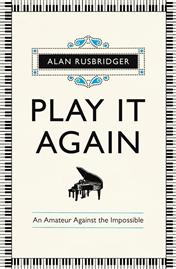 Giving up the piano can be one of life's great regrets. But resuming lessons after decades is not. If you are thinking about it you should prepare yourself for an interesting journey of rediscovering filled with joy and guided by humility. I invite you to watch this recent video and browse the book where Alan Rusgridger learns Chopin Ballade no. 1 at age 57, 41 years after giving up the piano, while working as the editor of the Guardian newspaper. WOW! As a drum student myself, it is always heartwarming to meet a fellow traveler For more info on my own journey in mid-life learning see my blog. Just click on this paragraph. Cheers, David updated: May 2023 |
You've got to learn your instrument. Then, you practice, practice, practice. And then, when you finally get up there on the bandstand, forget all that and just wail. AuthorI'm a professional pianist and music educator in West Toronto Ontario. I'm also a devoted percussionist and drum teacher. Categories
All
|
||||||||
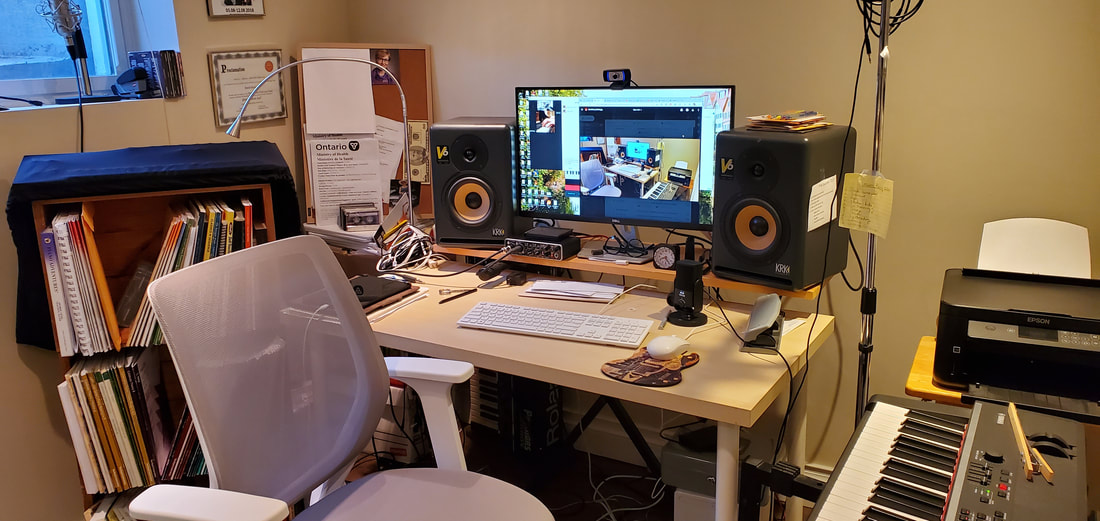
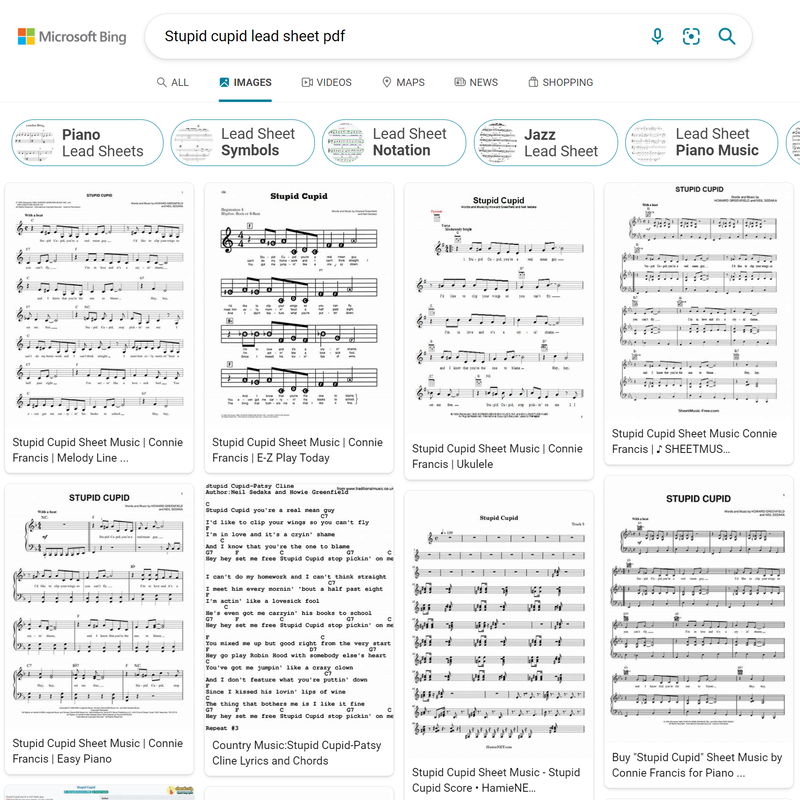
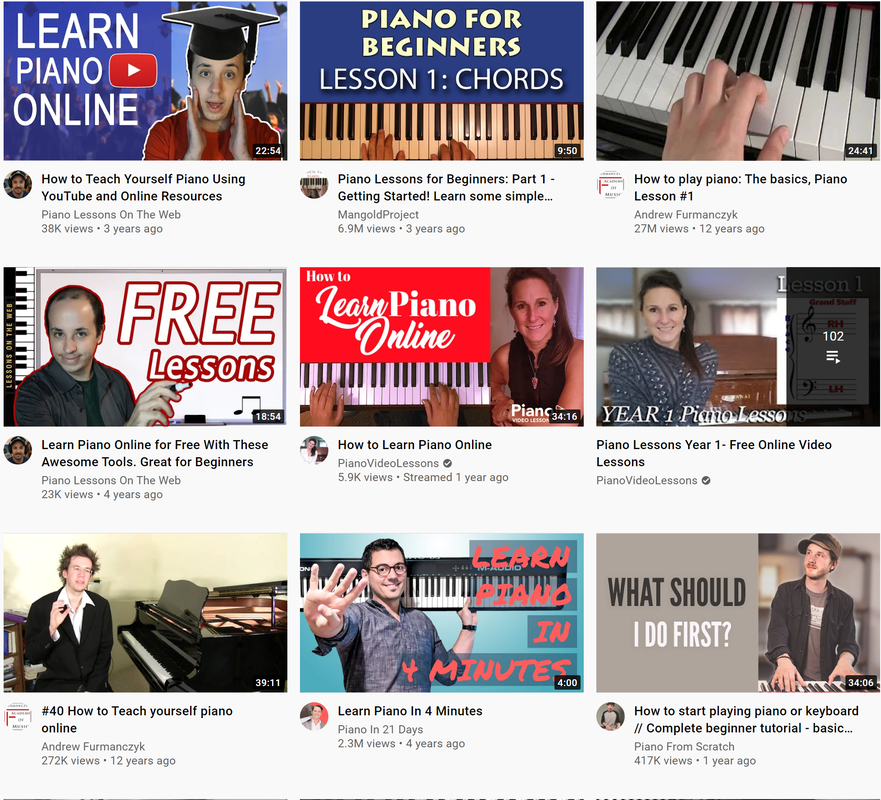
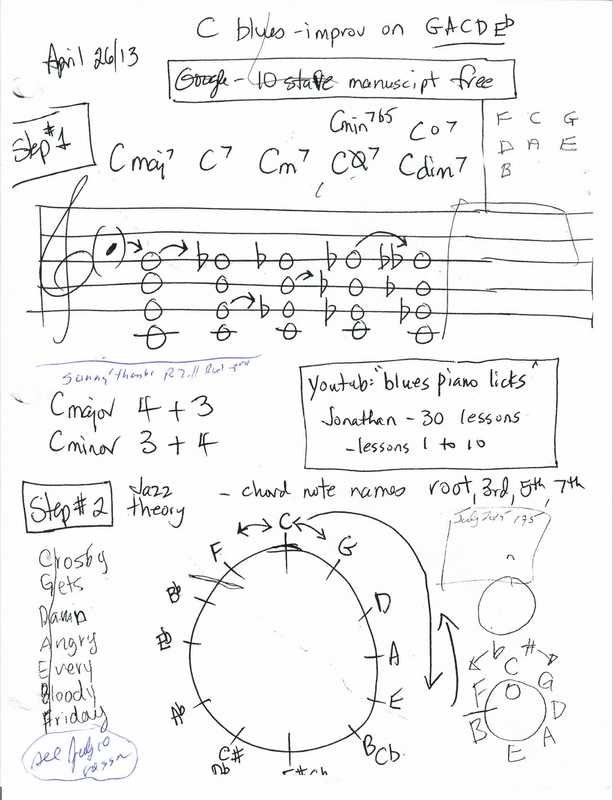
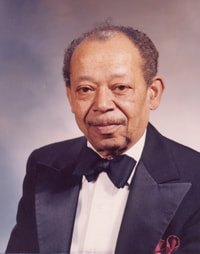
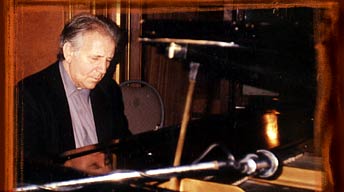
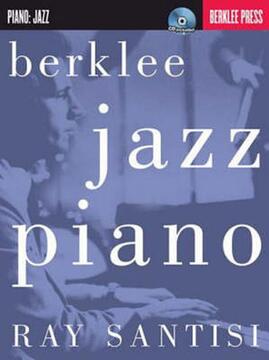
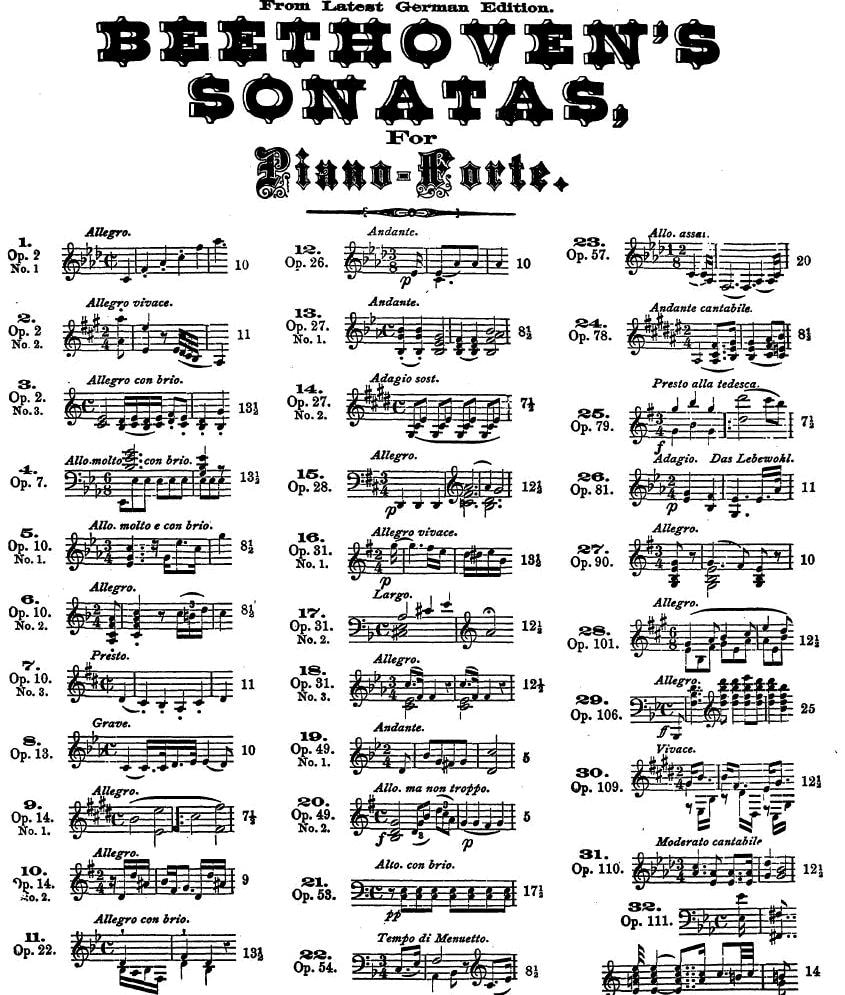
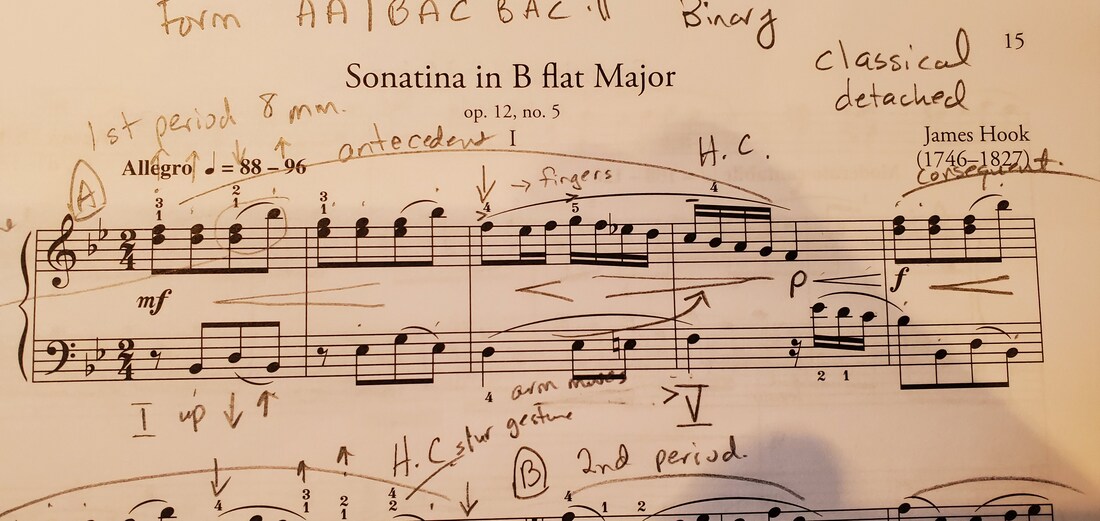
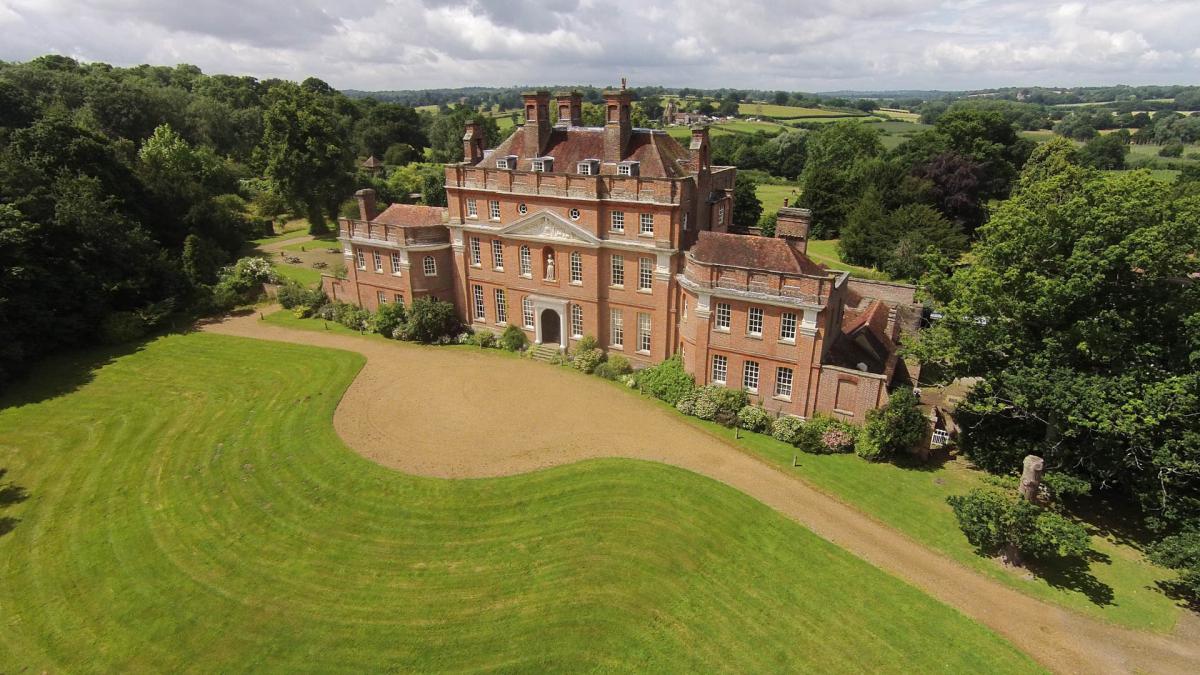
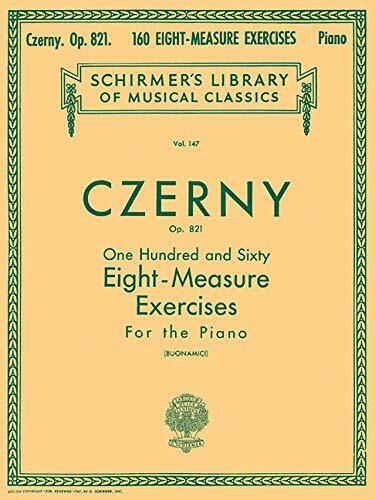
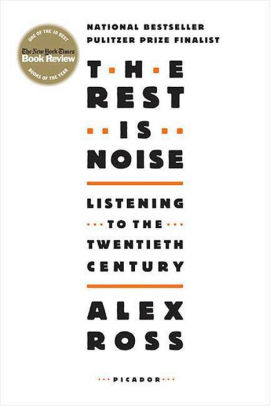
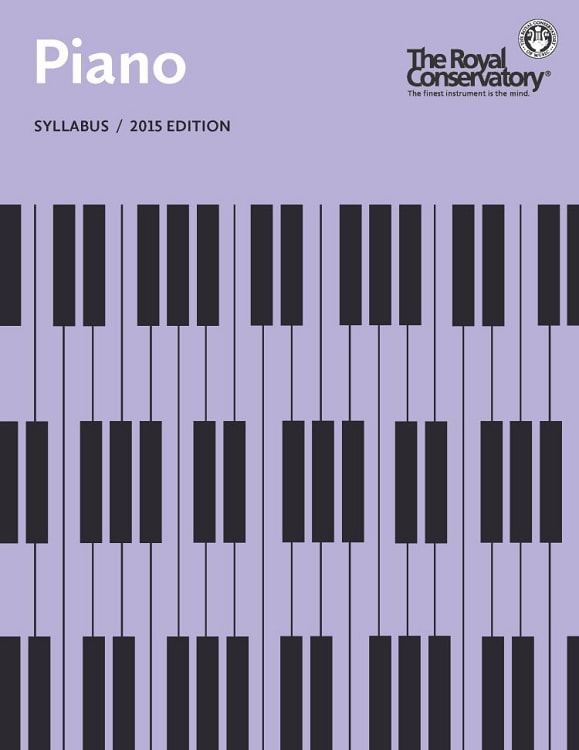
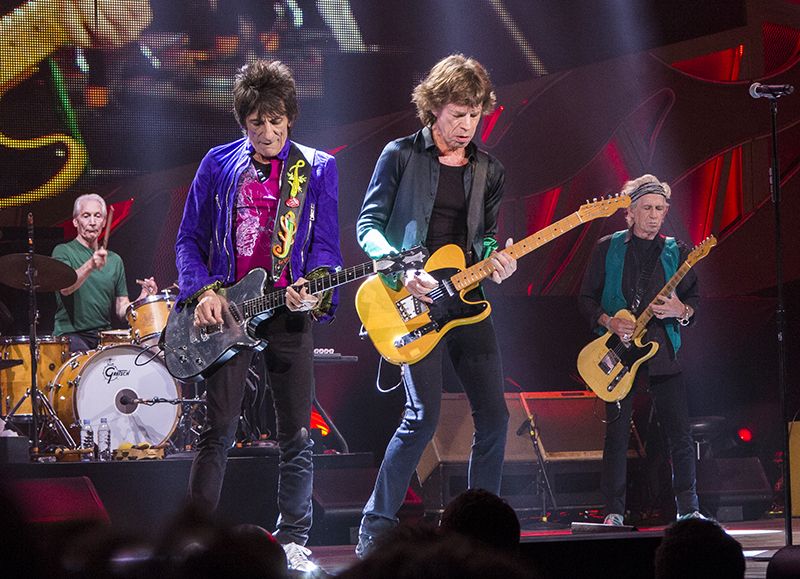
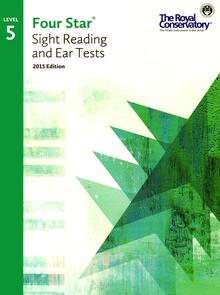
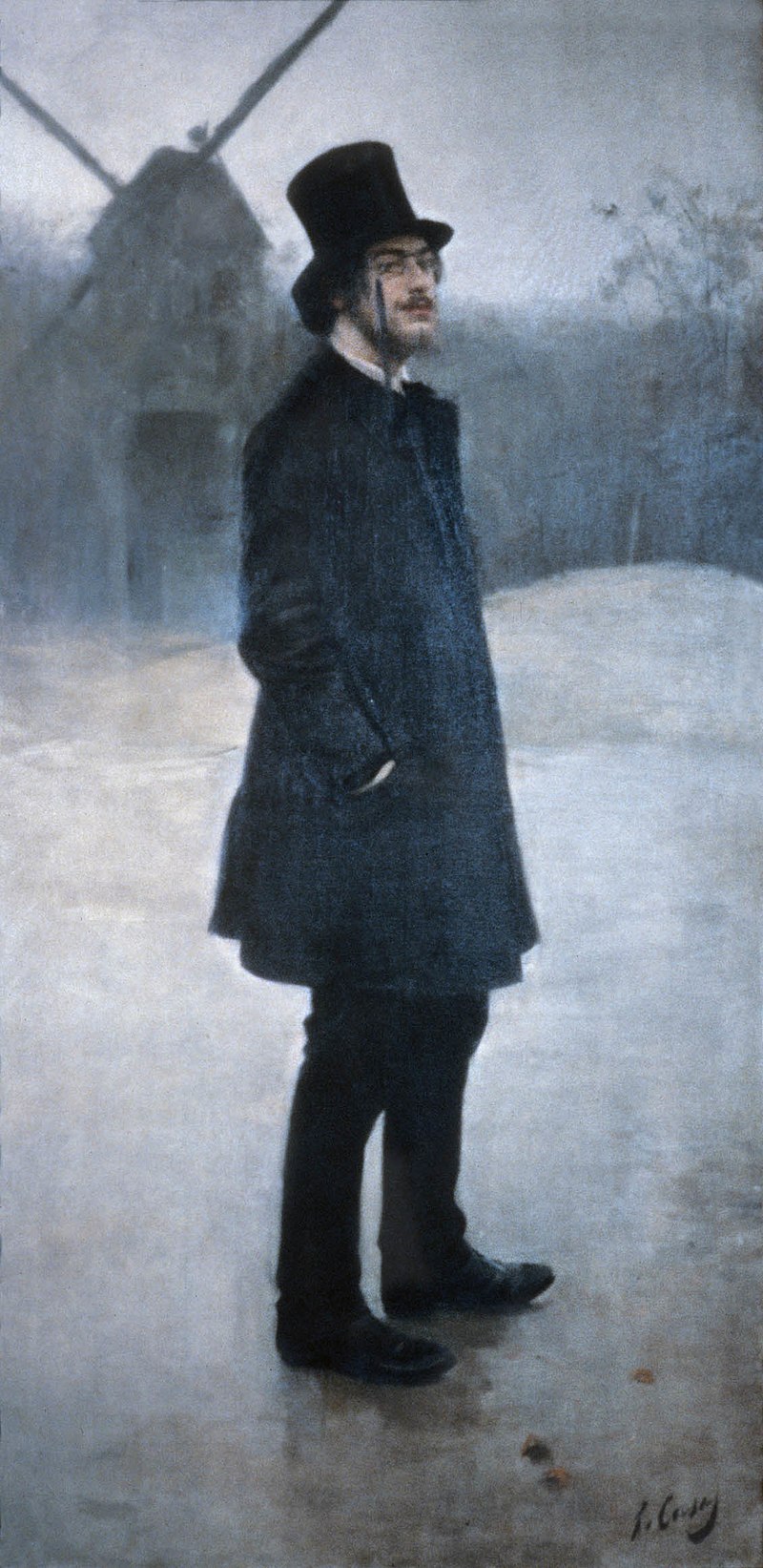
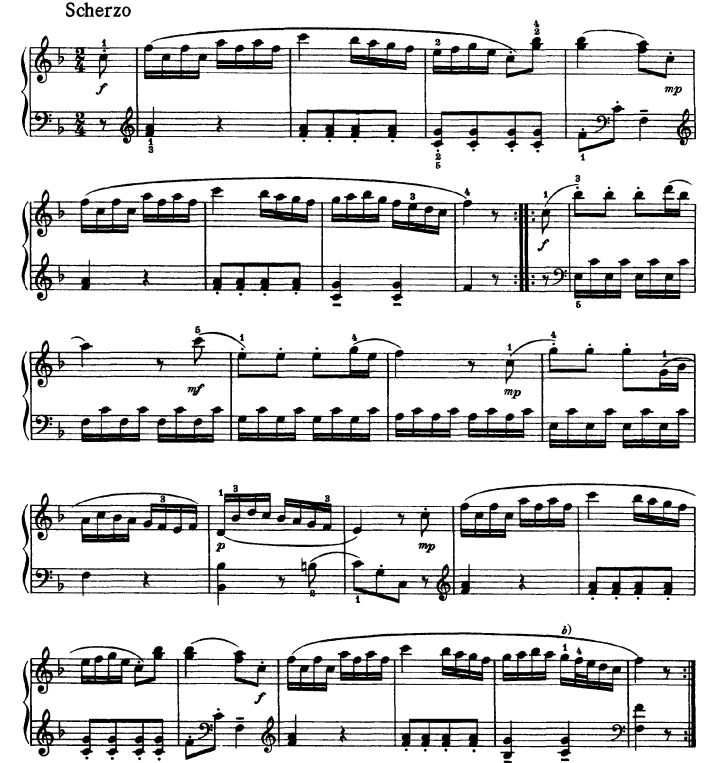
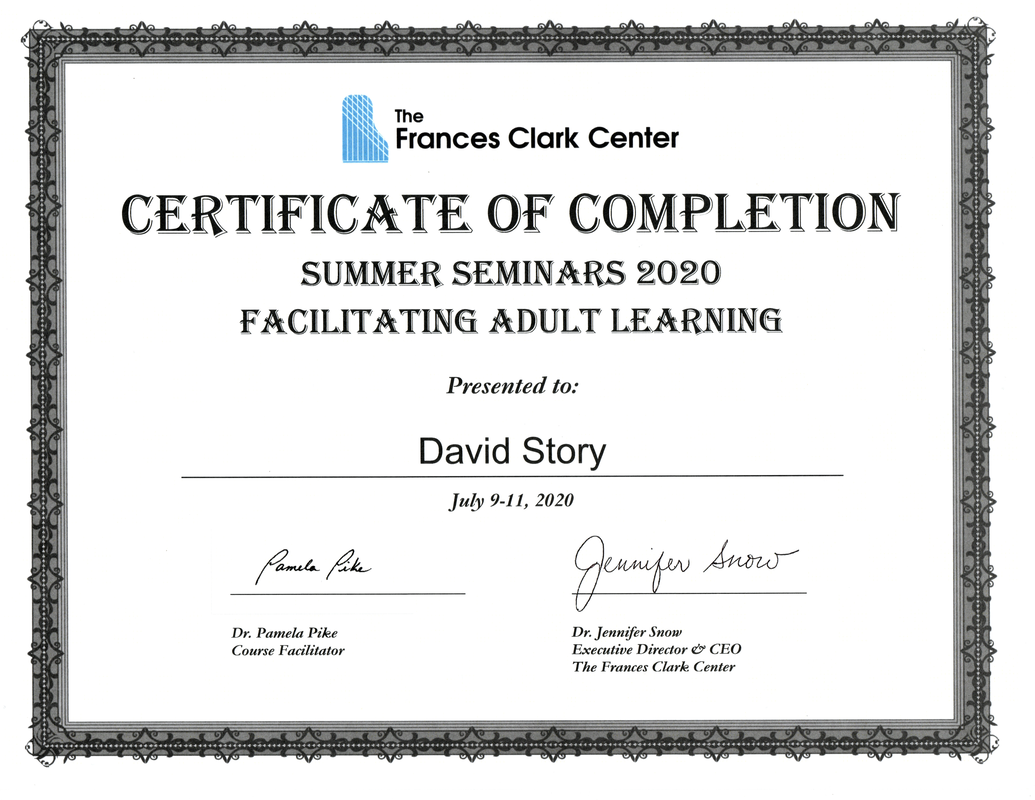
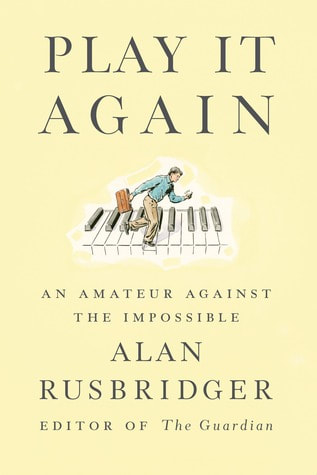
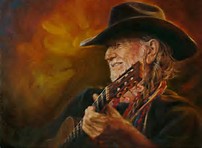
 RSS Feed
RSS Feed